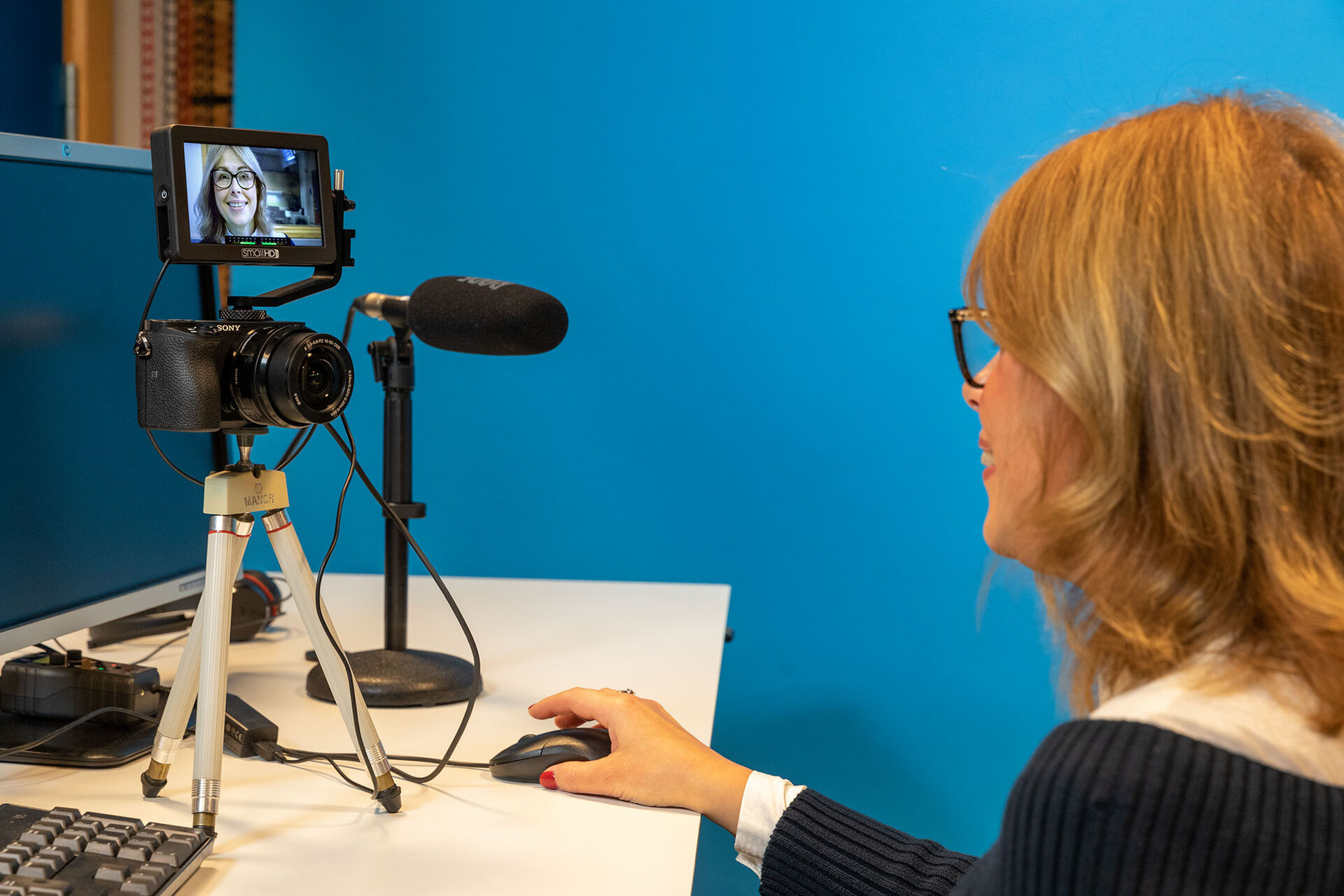Overview
The research focus area, DigiEd, centers around understanding how an increasingly digitalised society, including the use of digital tools, devices and software for educational purposes in a variety of teaching settings, impacts teaching and learning. DigiEd research projects can vary in focus from micro-processes, such as the use of digital technologies in educational institutions from pre-school to higher education, to macro processes such as policymaking of education in a digital world or on comparative cases. In addition, DigiEd evaluates digitalisation and education from a variety of perspectives including: political, economic, educational, cultural, judicial and ethical. Thus, DigiEd encourages research that utilizes educational theory to analyse how digitalisation transforms the processes of learning and knowledge and to assess the impact of digitalisation on education.
Based on those perspectives, DigiEd aims to incorporate digital technologies, activities, practices, structures as well as social and cultural contexts in:
- Formal educational settings - examining micro-processes such as the implementation and use of digital technologies and their influence on educational actors and institutions, and macro processes such as the policymaking of education in a digital world,
- Working life - how digitalisation changes teaching, learning processes and knowledge production in a lifelong learning perspective as well as the ways digital technologies constitute knowledge- and learning processes
- Everyday life and social activities - which includes social media, recreational activities, and organisational work
In addition, DigiEd encompasses the following three theoretical areas of interest:
- Knowledge and knowledge processes: includes the development of the epistemological and ontological grounds of education with digital technology by accounting for perspectives such as socio-material aspects, as well as distributed, situated, external and embedded learning processes.
- Teaching and learning: concerns itself with pedagogical, psychological and sociological theories that focus on how technologies might be designed and used to support, enhance and improve learning. The implications of these approaches for knowledge creation, digital competence, digital agency and digital identity in the 21st century will be considered. Furthermore, the aspects of social learning networks, communication and collaboration in digital environments as well as changes in educational values, will be addressed.
- Language and communication: interplays between digital technology, literacy, language and communication in discussing how technology shapes and upholds values, ways of communication and how we understand learning.
Research Groups and Projects
Learn more about all of The Digital Society's research activities
Below are some of DigiEd's research groups and their corresponding research projects:
Information and Communication Technologies (ICT) and Learning
Projects under the Research Group: Information and Communication Technologies (ICT) and Learning
- Artificial Intelligence (AI) for Assessment for Learning (AfL) to Improve Learning and Teaching in 21st Century (AI4AfL)
- Learning and Teaching in the ICTPED MOOC: Implications for design and further developments
- MOOC entrepreneurs: an institutional entrepreneurship perspective on massive open online courses in higher education - (The project has been completed and has resulted in several publications and other dissemination activities.)
- Tools and Signs in Massive Open Online Courses: Implications for Learning and Design
- Teachers’ Perspectives on Enhancing Professional Digital Competence by Participating in TeachMeets – Insights for Fostering Transformative Digital Agency - (The project has been completed and has resulted in several publications and other dissemination activities.)
- Empowering Education for the Brave New Digital World - (The project has been completed)
Development, Learning and Psychological Processes (DeveLeP)
Projects under the Research Group: Development, Learning and Psychological Processes (DeveLeP)
- Autism in the Digital Age: Social Media’s Impact and its Consequences for Stigma and Stereotypes (for Autistic Individuals)
- Internet-delivered Treatment for Depression
- A Virtual Reality Intervention for Children with Autism
Education in Mathematics, Science and Techology (DiMaNaTe)
Projects under the Research Group: Education in Mathematics, Science and Techology (DiMaNaTe)
About our Researchers

DigiEd mainly consists of full and associate professors from the Faculty of Teacher Education and Languages. The faculty has approximately 175 employees and about 2700 students and is primarily located at campus Halden. The faculty is headed by Dean Irina Engeness, who is also chair of the research group Information and Communication Technologies (ICT) and Learning. The faculty are incorporated across three departments and one centre:
